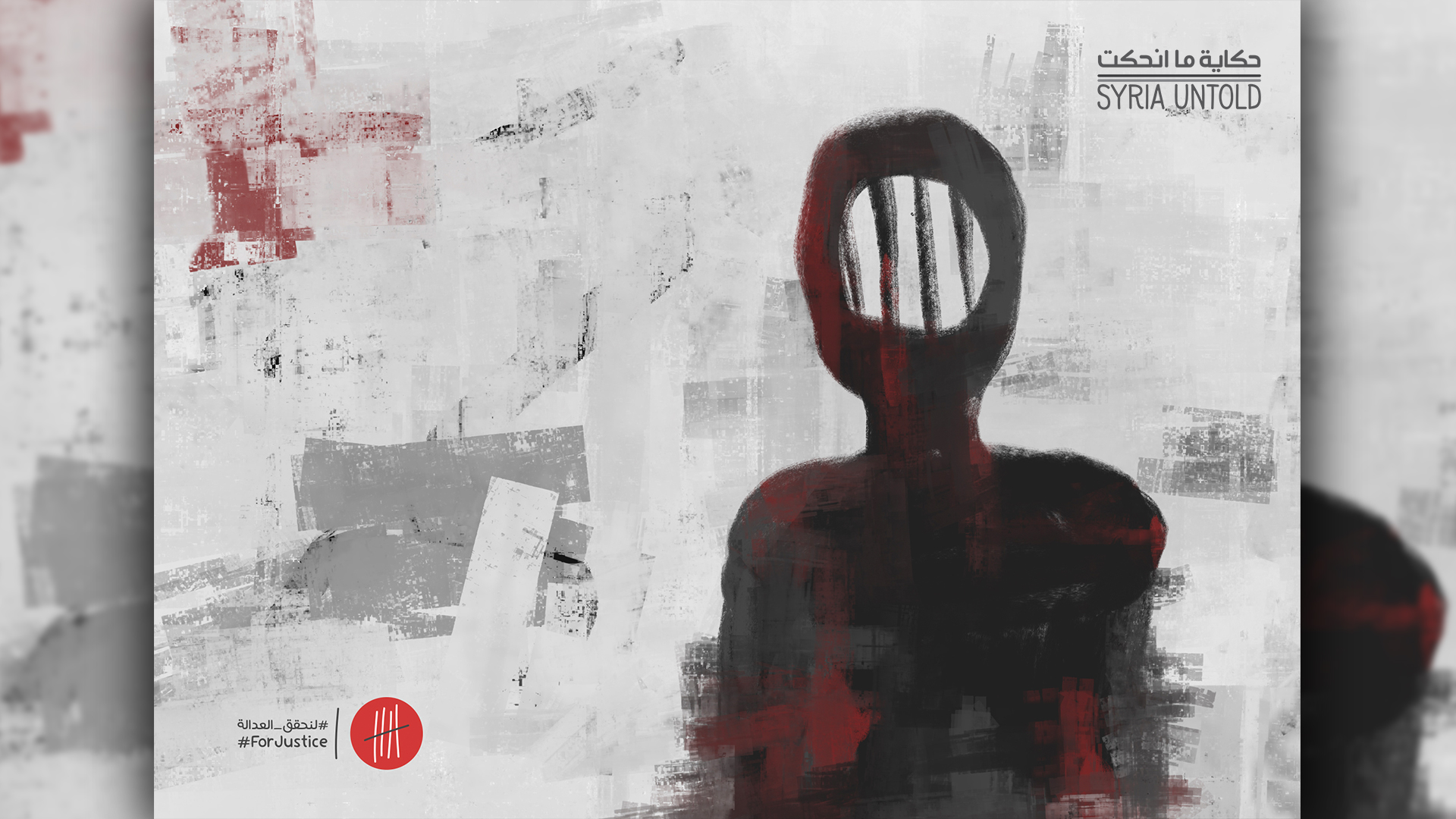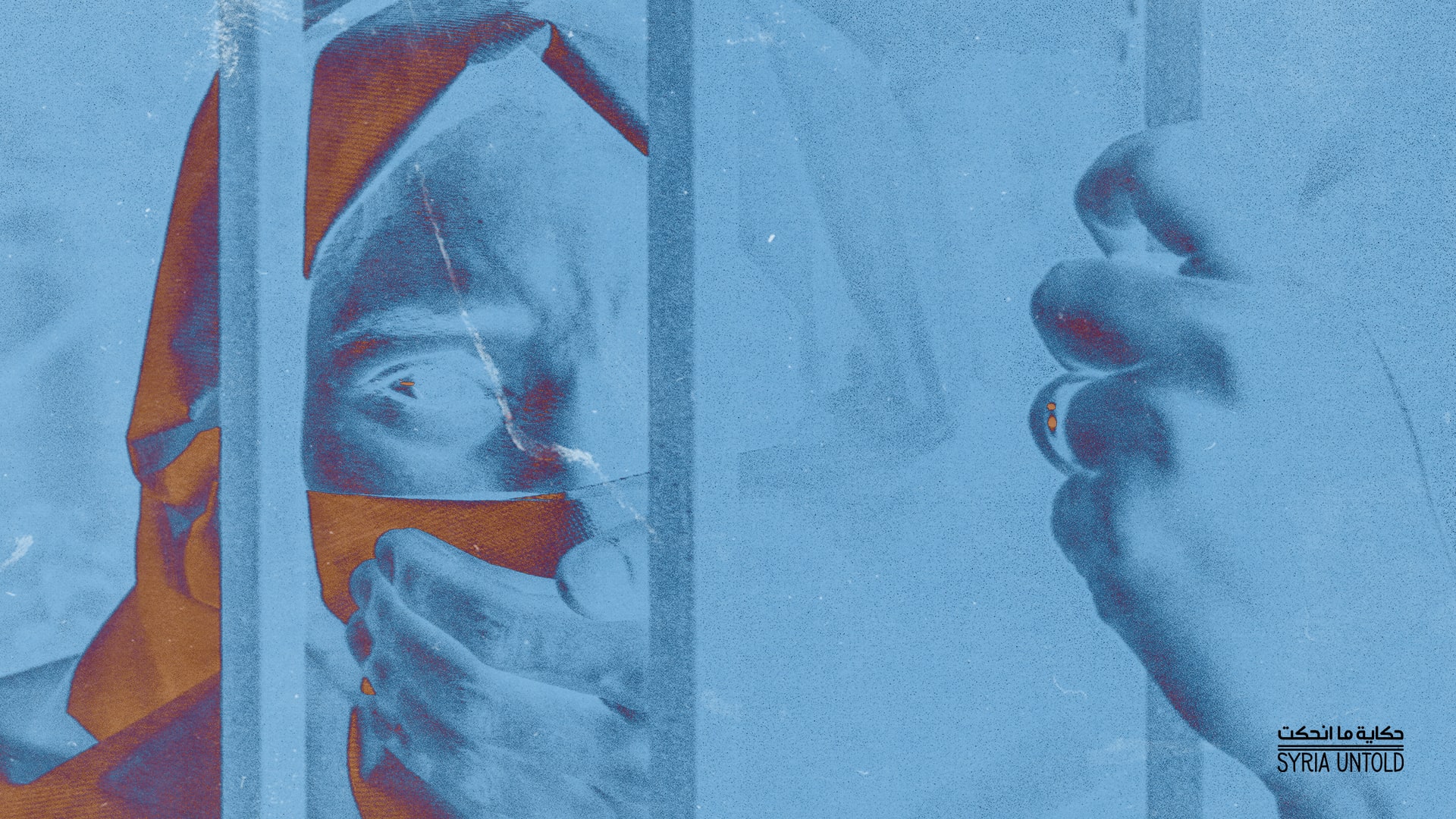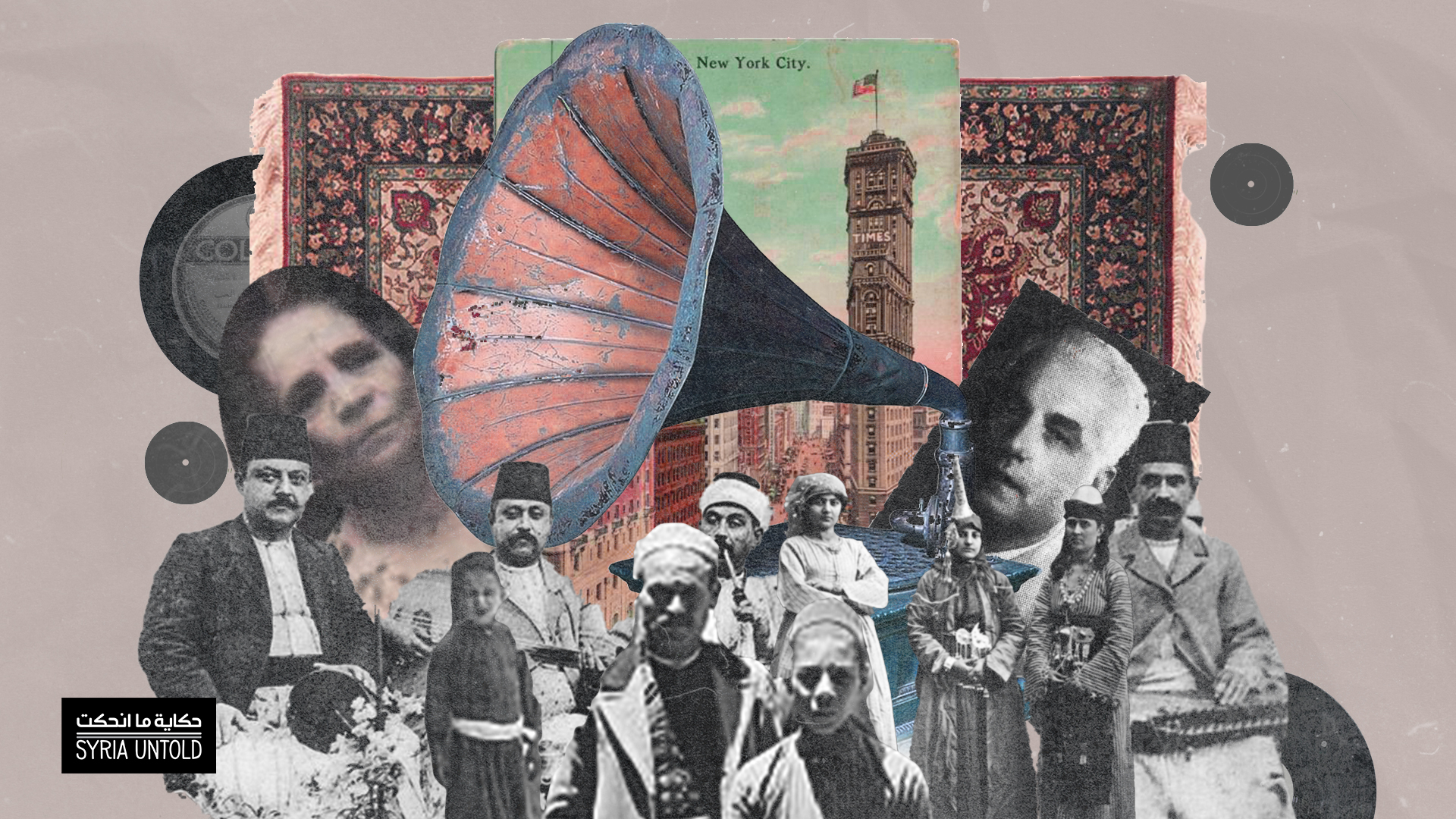Syria: Former refugees tortured, raped, disappeared after returning home (Amnesty International)
“In total, Amnesty International documented 59 cases of men, women and children who were arbitrarily detained after returning to Syria, most frequently following broad accusations of ‘terrorism.’ In 33 cases, returnees were subjected to torture or other ill-treatment during detention or interrogation. Intelligence officers used torture to coerce detainees into confessing to alleged crimes, to punish them for allegedly committing crimes, or to punish them for alleged opposition to the government.” Read more
‘Recreating a beautiful thing’
27 August 2021
Damascus’ forgotten ‘Saturday of blood’
07 September 2021
How a Syrian war criminal and double agent disappeared in Europe (The New Yorker)
“By the end of February, 2013, Khaled al-Halabi was running out of time. For the previous five years, he had served as the chief of the General Intelligence Directorate branch in Raqqa, a vast desert province in the northeastern part of Syria, far from his wife and children. To the locals, he was an outsider with the authority to detain, torture, and kill them. But Halabi, who was a fifty-year-old brigadier general, felt insecure within Syria’s intelligence apparatus. An employee at his branch of the directorate described him as a ‘well-educated and decent man’ who was not a strong or decisive leader. Another noted that Halabi, who belonged to a religious minority known as the Druze, was afraid of two of his subordinates who, like Assad, were Alawites. He overlooked their rampant corruption and abuses.” Read more
How 9/11 led the US to forever wars, eroded rights – and insurrection (The Guardian)
“The aftershocks of 9/11 are everywhere. The families of the nearly 3,000 victims are still struggling with the justice department to lift the secrecy over the FBI investigation into the attacks and the possible complicity of Saudi officials. Last week they asked the department’s inspector general to look into FBI claims to have lost critical evidence, including pictures and video footage.
As the US approaches the 20th anniversary of 9/11, it is clearly not just about history. More than a decade since the last attempted al-Qaida attack against the country, America’s society and its democracy are shaped – and arguably badly corroded – by how it responded in the first few weeks after the twin towers fell.” Read more
French jail term confirmed for uncle of Syria’s al-Assad (Al Jazeera)
“A French court has reportedly upheld a guilty verdict against Syrian President Bashar al-Assad’s uncle for misappropriating public funds in Syria, laundering the spoils and building a vast property portfolio in France with ill-gotten gains.” Read more
Syrian army enters birthplace of uprising under peace deal (Reuters)
“Syrian army troops entered Deraa al Balad, the birthplace of the uprising against President Bashar al-Assad's rule, for the first time since it lost control over the area a decade ago, residents, the army and former rebels said.
Army units set up at least nine checkpoints across the city under a Russian-brokered deal between the army and rebels that was finally agreed this week. Previous ones had faltered over disagreements over the extent of army control in the area and disarming rebels.” Read more
Syria: Stories of the disappeared (Daraj Media)
“Every missing or forcibly disappeared person has a life he left behind. And this is what hurts their families the most. The last cigarette he smoked. The way he threw his clothes on the bed. His mobile phone, his shoes, his perfume bottle, his notebooks, his books.
Personal belongings torment the families of the missing, as they have to face the loss of their loved ones every time they pass their room. Most families did not abandon the belongings of their children, not even the simplest ones, such as a toothbrush or a razor blade. Everyone remembers the last thing the missing person told them. And these phrases are repeated in every session every time they remember him or her. Sessions that always end up in tears.” Read more








